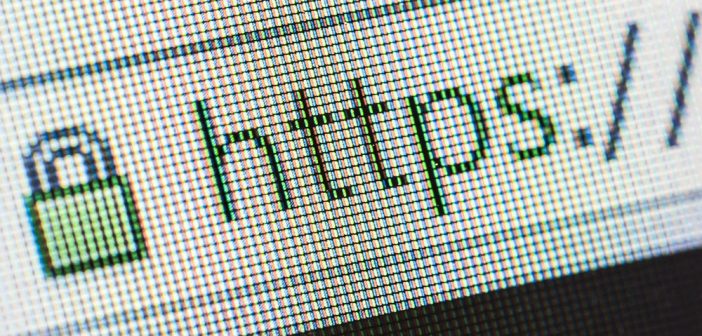Whether you’re worried about data breaches or just want to make sure that your personal information is kept private online, there are a lot of things that you can do. Despite what you see in click-bait headlines and online “news” articles, you do have control over how you protect your information online. Consumers are facing a new age of technology where all kinds of personal and financial information can be stored and then accessed with a single click, which is convenient, but can also be quite dangerous without the appropriate safeguards. Below are ways on how to improve your internet privacy.
Use Private Tools for Private Information
There are a lot of useful online tools and resources for storing information. However, you shouldn’t use these network sources to store private information such as passwords or financial information. Dropbox, for example, is great for storing your writing or music, but not necessarily for your financial records. Likewise, don’t use Google Docs or an email template to save a list of passwords to your financial and personal websites.
Check Social Privacy Settings
Social networks have a lot more information about you than you might realize. Default security settings display much more personal information than people realize, and often more than they want put out into the world. Go into the settings for all of your social networks and update your privacy settings so that only basic (or no) information is available to the general public.
Use Private Browsing
There are some instances where you can’t get away from tracking cookies and other tools that will monitor what you are doing online. That is where a private browser (such as Incognito on Chrome) is a good option. These browsers are designed for one-time use and store no personal or identifying information. Utilize private browsers if you are on a public or shared computer to protect your personal information at all times.
Secure Your Devices
Physically, your electronic devices may also be at risk of a data breach. Hard drives can be hacked and devices can be lost or stolen. Install proper security tools to keep your devices protected in the event of loss or theft. Consider investing in a locked hard drive or encrypted storage device to protect all of your personal and financial information. Ensure that your router and network is private and secure, as well, to avoid having your information leaked or stolen.
Delete Your Cookies and Browser History
While having form-saved information and passwords can be handy, it is also a huge security risk. One of the easiest ways to improve your security online is to keep your browsing history and cookies clean. You don’t even have to do it all yourself– you can install a cleaning program and set up a routine maintenance schedule to clear your system of unnecessary and potentially at-risk information.
If you want a more secure internet experience, these few tips will help you get started. The internet is a great resource, but it is something that needs to be used carefully because it is prime ground for scam artists and hackers who want your information.







